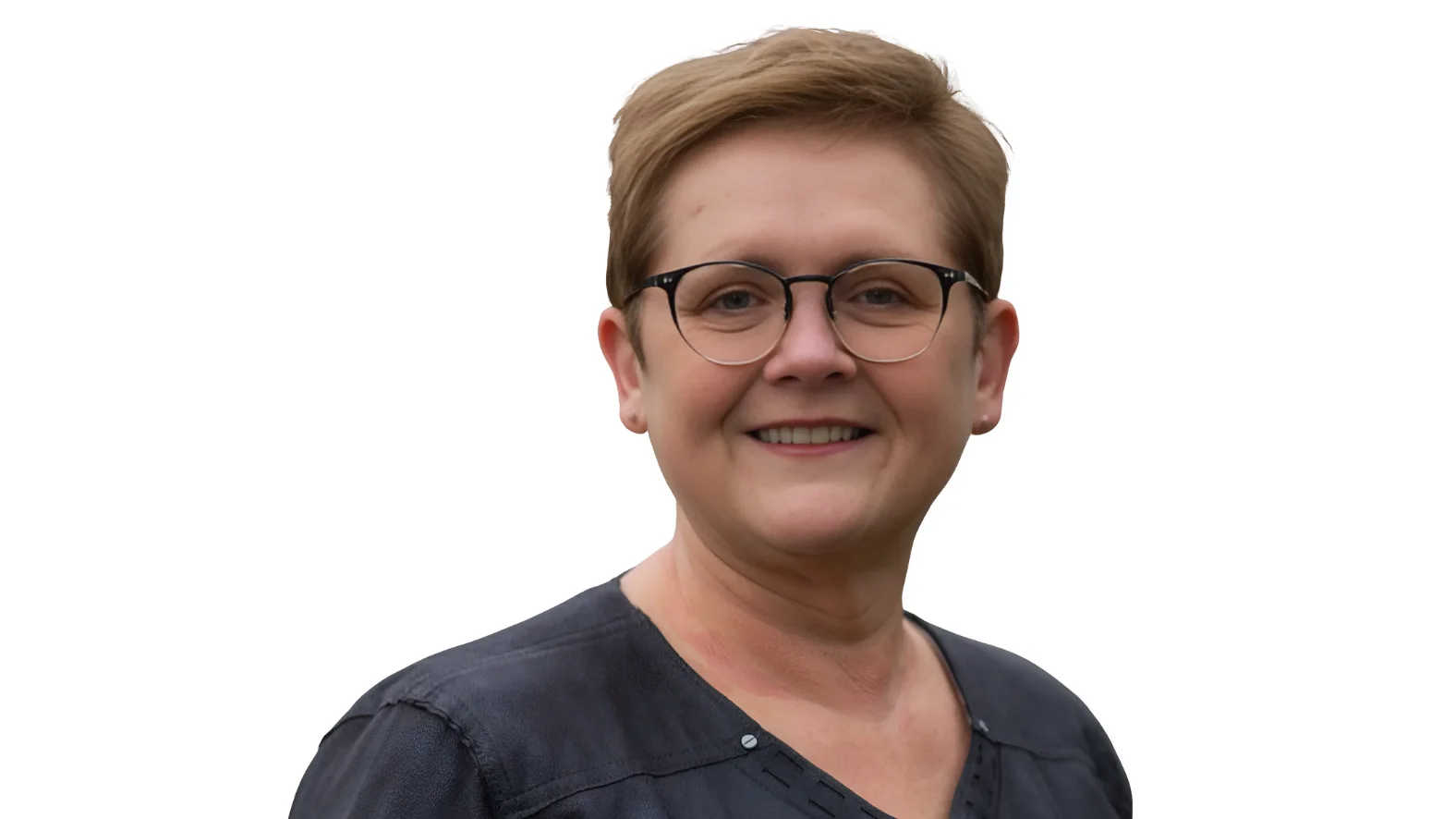Susan Corbin, Director at Bureau of Labor & Economic Opportunity | Bureau of Labor & Economic Opportunity
Susan Corbin, Director at Bureau of Labor & Economic Opportunity | Bureau of Labor & Economic Opportunity
The Michigan Women's Commission (MWC) recently held a discussion in Flint as part of its statewide initiative, "Menopause: It’s a Movement!" The event was moderated by Representative Cynthia Neeley and aimed to provide women with a safe environment to discuss mid-life health experiences, particularly related to menopause symptoms and treatments.
Susan Corbin, director of the Michigan Department of Labor and Economic Opportunity, emphasized the broader impact of supporting women through menopause. "When we create policies and workplace cultures that acknowledge and support women navigating menopause, we’re not only promoting health and dignity — we’re making a smart investment in our workforce and our economy,” Corbin said. “Supporting women at every stage of their careers helps retain experienced talent, boosts productivity and fosters workplaces where everyone can thrive. The return on that investment is healthier employees, stronger businesses and a more resilient economy for all."
Panelists at the event included Hunter O’Connor, founder of Hive Holistic Center; Dr. Sara Cramton from Alliance Obstetrics & Gynecology; Dr. Beverly Walker-Griffea, director of MiLEAP; Dr. Nita Kulkarni from Hurley Medical Center; and Tarnesa Martin, patient resource advocate at Hurley Medical Center.
Representative Cynthia Neeley shared her personal perspective on the importance of these conversations. “As a woman with two daughters who started menopause early, the conversations being held by the Michigan Women’s Commission are resources and community building spaces I wish I had at the beginning of my journey," she said. "And as a representative and member of the Healthy Policy Committee, I’m working hard to advocate for the bills in the House that will help menopausal Michiganders.”
Dr. Beverly Walker-Griffea highlighted how open dialogue can remove longstanding barriers for women. “When we empower women to speak openly about their health and experiences, we break barriers that have silenced generations," she said. "Women's well-being is deeply tied to their ability to learn, work and lead. Through MiLEAP's work to expand child care access and open doors to education, we're helping women stay strong, supported and fully engaged in Michigan's success.”
Statistics show that women comprise 51% of the U.S. population, with about 75 million currently experiencing perimenopause or menopause—a number increasing by 6,000 daily. A Mayo Clinic study estimates annual worker productivity losses due to menopausal symptoms at $1.8 billion nationwide, while related healthcare costs exceed $24 billion.
In 2024, MWC launched a survey across Michigan asking women about their workplace experiences with menopause. The commission plans to use this data for recommendations aimed at employers and policymakers regarding supportive workplace practices.
Cheryl Bergman, executive director of MWC, commented on the significance of addressing menopause in professional settings: "Addressing menopause in the workplace is essential to understanding the full scope of challenges women face across their careers and lives,” she said. “This work shines a light on an issue too often overlooked, yet one that directly impacts women’s health, economic security and professional growth. As part of our mission to review the status of women in Michigan, highlight critical issues and celebrate their contributions, the Menopause Movement is a vital step toward creating policies and workplaces that truly support women at every stage."
Earlier this year during Women’s History Month on March 12th, MWC hosted an event featuring Governor Gretchen Whitmer alongside Halle Berry and Dr. Pauline Maki focused on raising awareness about gaps in information concerning menopause.
The Flint event continues MWC’s efforts throughout Michigan aimed at reducing stigma around menopause by engaging local policymakers and healthcare professionals in developing policy solutions.
More information about ongoing initiatives can be found at michigan.gov/mwc.






 Alerts Sign-up
Alerts Sign-up